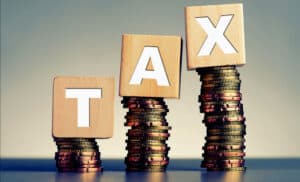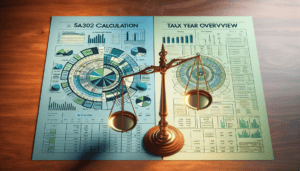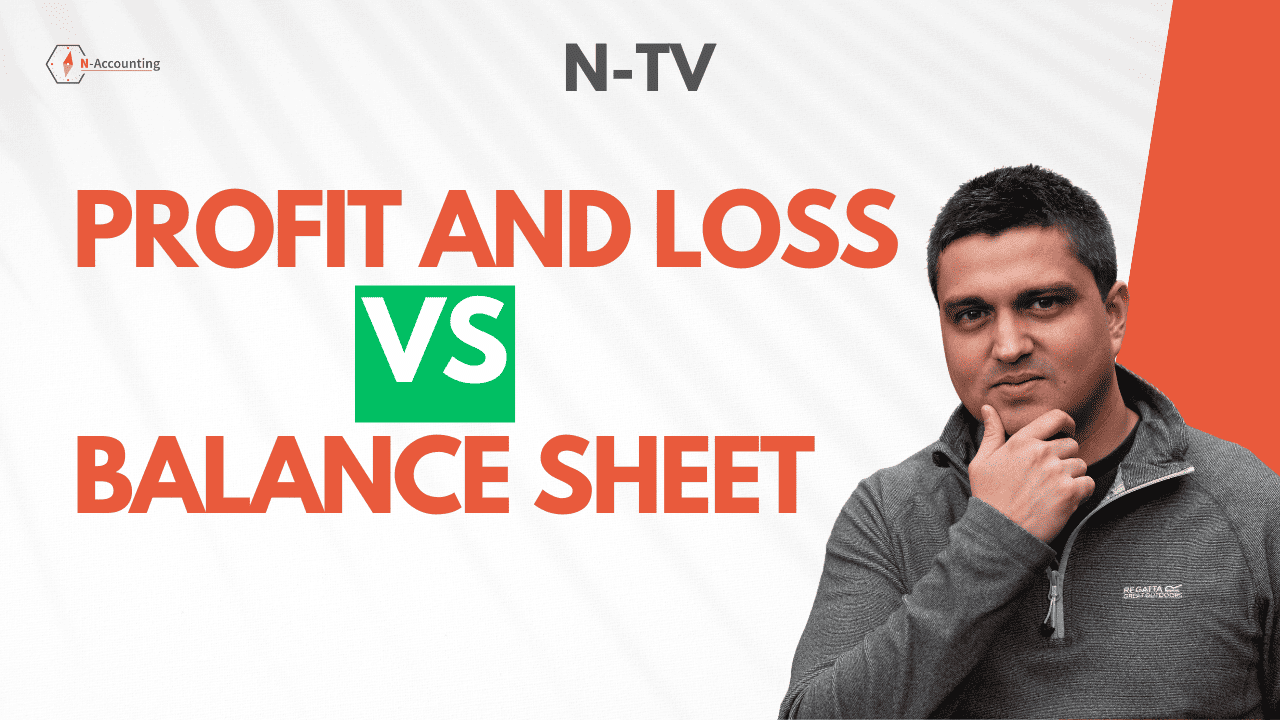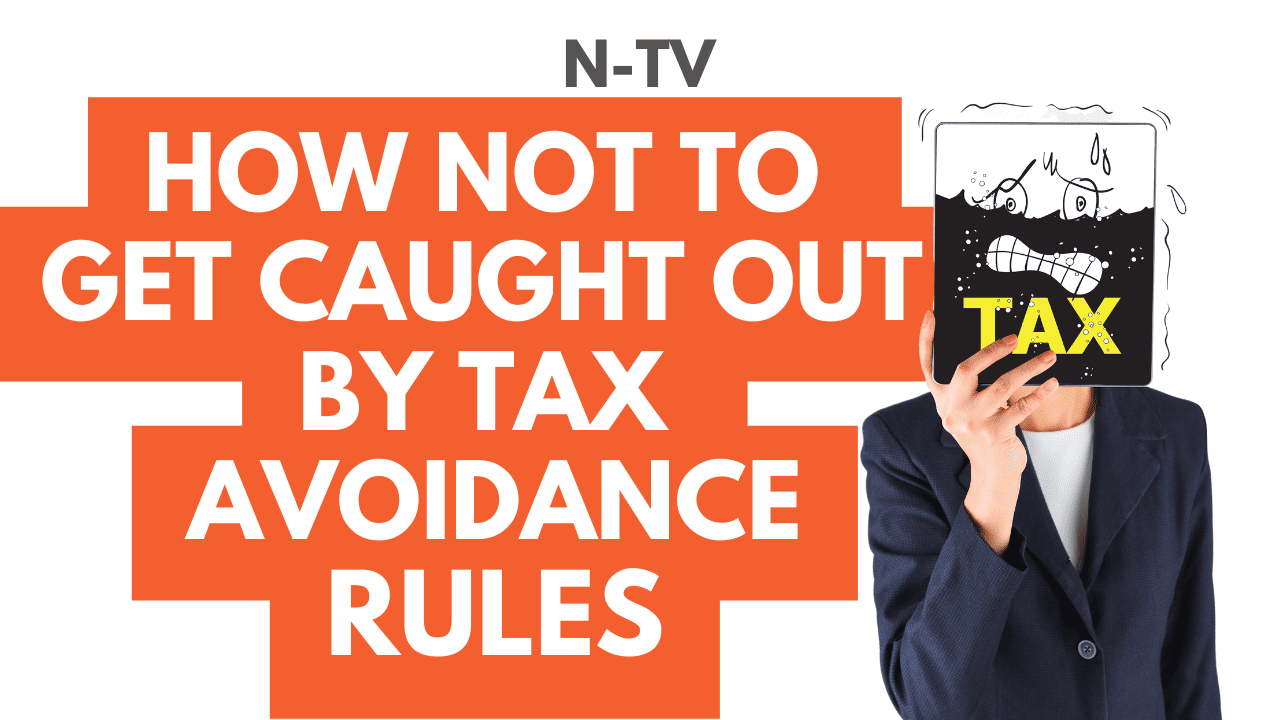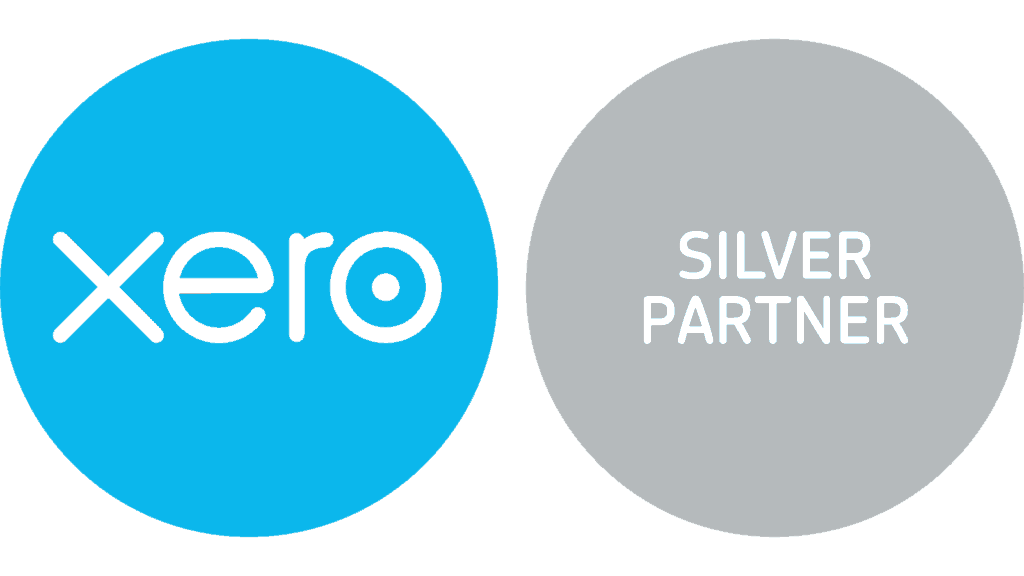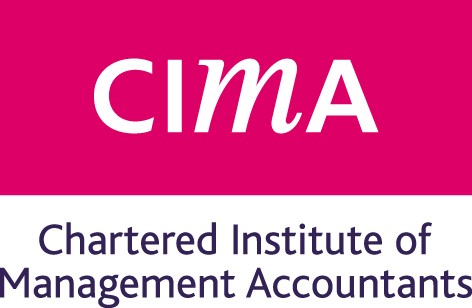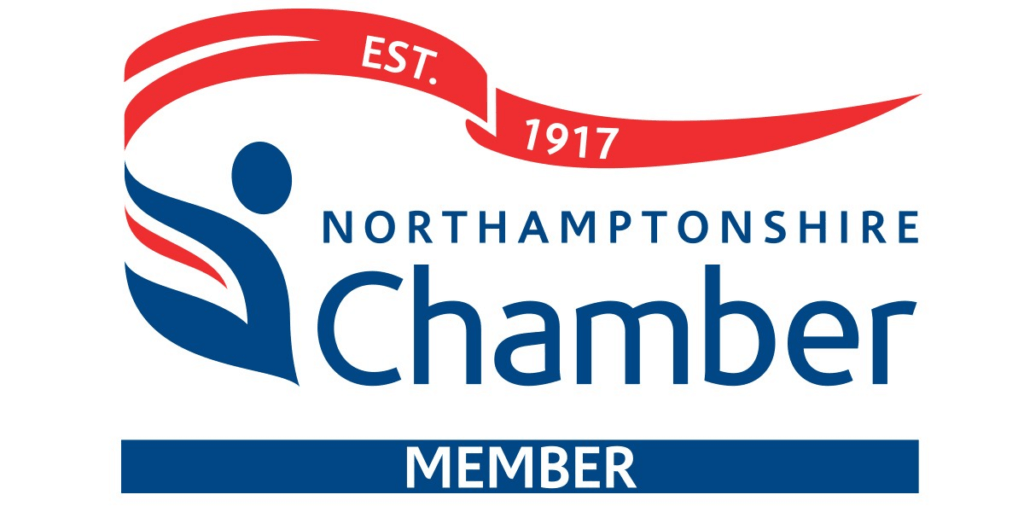Partnerships are formed when two or more people come together to conduct a business activity, in terms of tax there is little difference to a sole traders arrangement however a nominated partner will also be responsible for producing a partnership tax return as well as their personal one.
Although formal partnership agreements are not required by law they are definitely recommended so that you have a clear agreement on the share of the profits and how any conflicts will be resolved.
An ordinary partnership has unlimited liability which isn’t limited to the share of the business the partner owns, this means that creditors can come after the owners personal assets to recover their partners share of the debt.
An alternate form is the LLP (limited liability partnership), this limits the risk to the owner so that creditors are limited to claims against the business only, and this is particularly useful in industries with increased levels of risk.
Partnerships are common within family businesses and provide a useful way of distributing profits so everyone’s personal tax allowances are used up, reducing the overall tax bill to the family, where family members are involved in the business it is good practice to have evidence of their involvement in the business encase of future legislation changes.
It is important to remember that even if ownership of part of the business is transferred to a family member (excluding a spouse) at no charge, HMRC may still require you to pay capital gains tax based on the market value of that share of the business.
Partnerships can have corporate partners, this means that a limited company can own part of the business as well as a sole trader, however it is important in this scenario to have a legitimate commercial reason for this structure so that HMRC doesn’t view it as an attempt to avoid tax.
Generally Partnerships are liable for the following types of tax:
Income Tax
Class 2 NIC’s
Class 4 NIC’s
Changes in LLP legislation from April 2014 will mean that all partners in an LLP will need to ensure all three of the following or pay additional tax:
They have a substantial influence over the running and strategy of the firm.
Their capital contribution is at least 25% of their annual salary.
Their salary is variable and related to the overall profits of the firm.
As accountants we have experience working with partnerships and have helped many of our clients in and around Northampton save money on their tax bills, if you would like to discuss any of the issues covered above please contact us.
Nishi Patel




